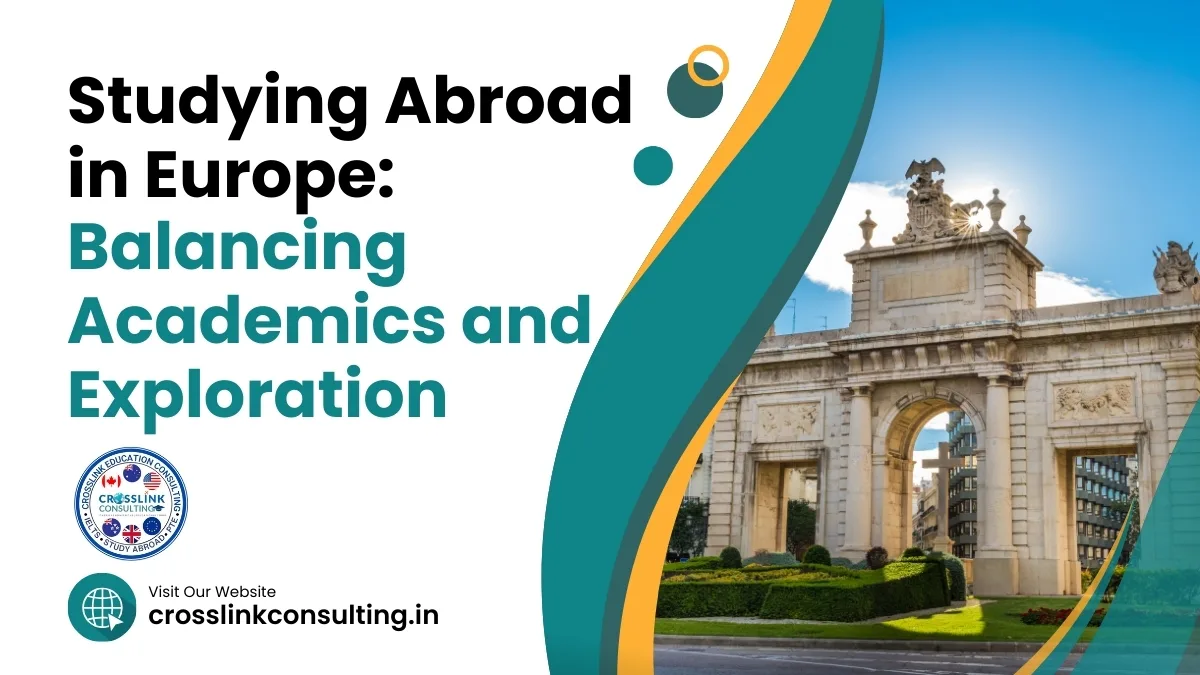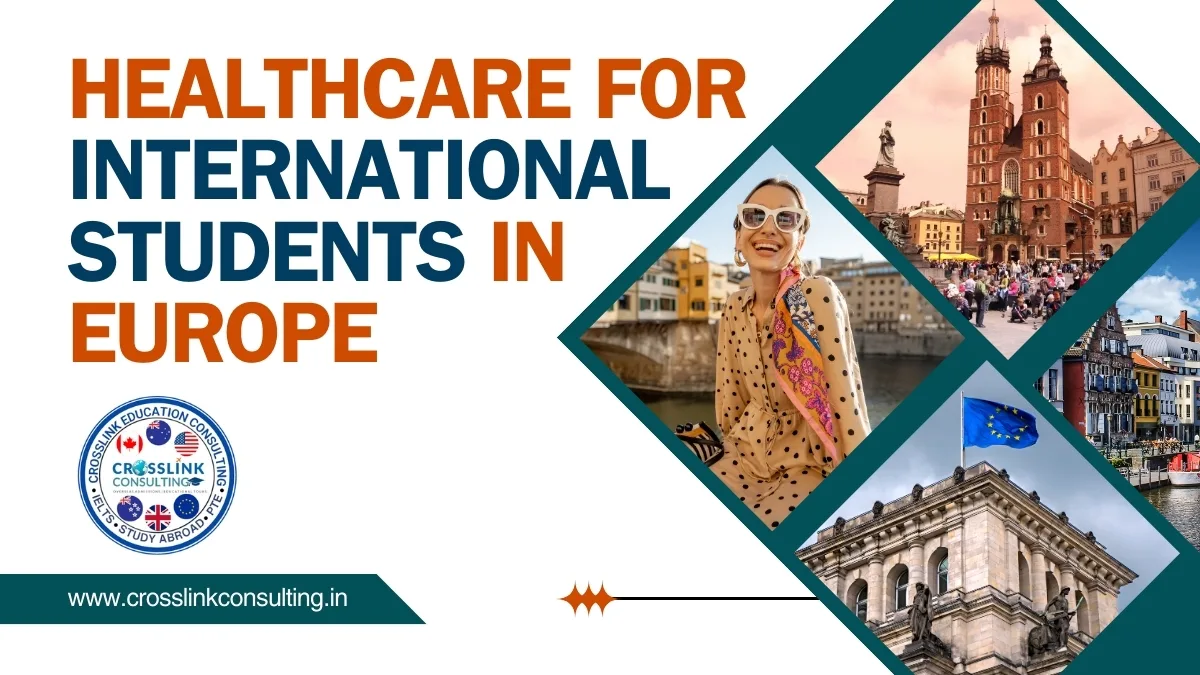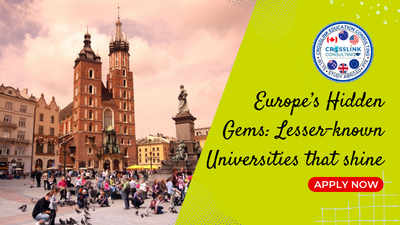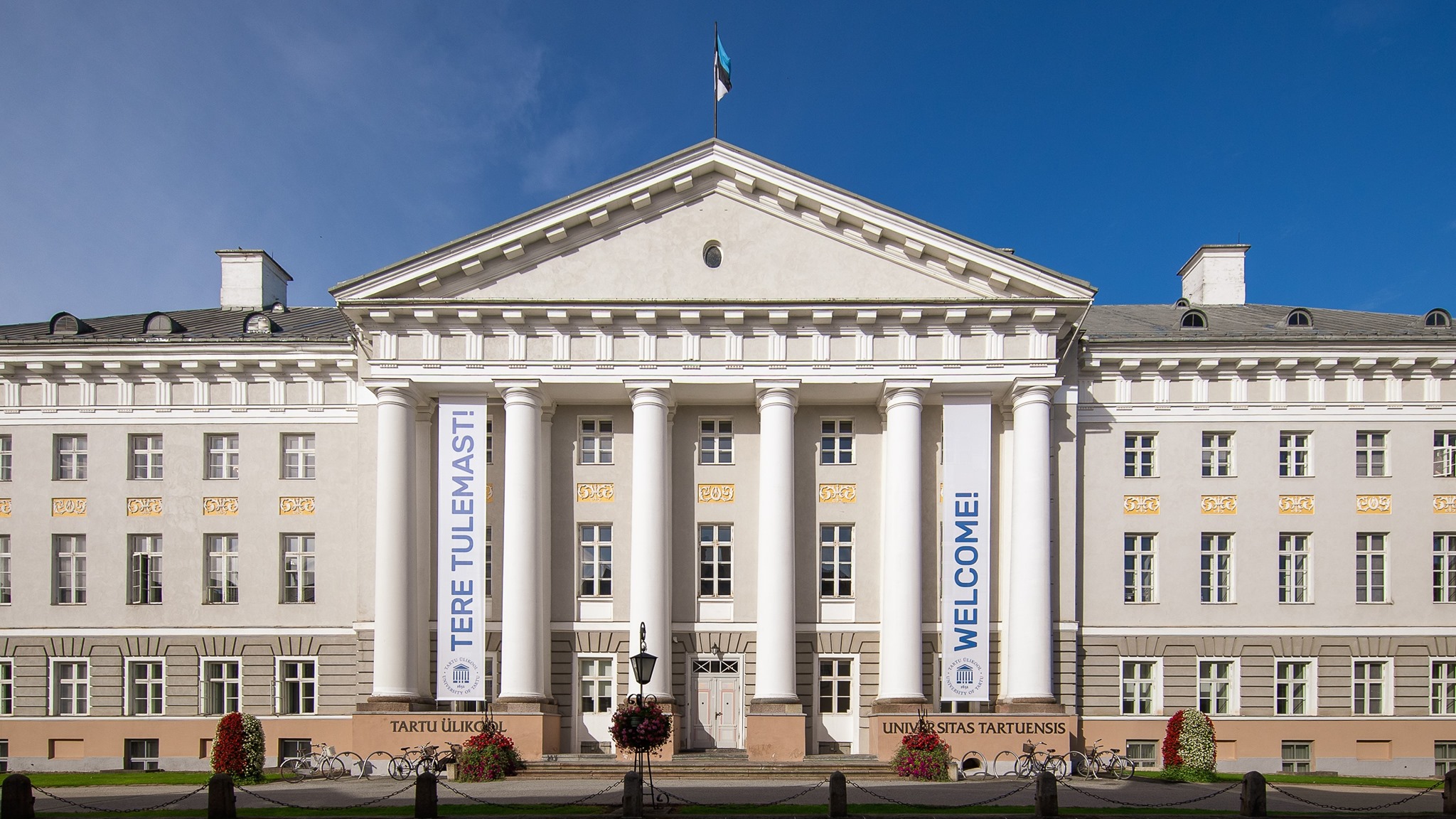Studying abroad in Europe is a dream for many students. With its rich history, diverse cultures, and renowned educational institutions, Europe offers an incredible opportunity for personal and academic growth. However, navigating the complexities of studying abroad can be challenging without proper preparation. To help you make the most of your experience, here are 10 essential tips for studying abroad in Europe:

Research
Research your destination before you embark on your study abroad journey, take the time to thoroughly research your destination. Learn about the local culture, customs, and language. Familiarize yourself with the city where you’ll be studying abroad, including its transportation system, landmarks, and amenities. Understanding your new environment will help you feel more comfortable and prepared upon arrival.
Plan your finances
Studying abroad can be expensive, so it’s crucial to plan your finances carefully. Create a budget that includes tuition fees, accommodation, meals, transportation, and other expenses. Look for scholarships, grants, or financial aid opportunities specifically for international students. Additionally, consider part-time work options to supplement your income while studying abroad.

Pack Light, Pack Smart
When packing for your Studying abroad in Europe adventure, remember to pack light and pack smart. Choose versatile clothing items that can be mixed and matched for different occasions and climates. Don’t forget to pack essential documents such as your passport, visa, academic transcripts, and medical records. Leave behind unnecessary items to avoid lugging around excess baggage.
Stay Organized
Organization is key to a successful study abroad experience. Keep track of important deadlines, such as visa applications, course registrations, and assignment due dates. Use a planner or calendar app to stay organized and prioritize your tasks. By staying on top of your responsibilities, you’ll be able to make the most of your time abroad.

Immerse yourself in the Culture
One of the greatest benefits of studying abroad is the opportunity to immerse yourself in a new culture. Take advantage of this by exploring your surroundings, trying local cuisine, attending cultural events, and making friends with locals. Step out of your comfort zone and embrace new experiences—it’s the best way to broaden your horizons and gain a deeper understanding of the world.
Learn the Language
While many European universities offer courses in English, learning the local language can greatly enhance your study abroad experience. Consider taking language classes or using language-learning apps to improve your language skills. Practicing the local language with native speakers will not only help you communicate more effectively but also make you feel more integrated into the community.
 Travel Wisely
Travel Wisely
Europe is known for its abundance of stunning destinations, making it tempting to travel every weekend. However, it’s essential to travel wisely and budget both your time and money. Prioritize your academic commitments and plan your trips strategically to maximize your cultural experiences without compromising your studies. Take advantage of student discounts and travel opportunities offered by your university.
Stay Connected
Staying connected with friends and family back home is important for maintaining a support network while studying abroad. Make use of social media, messaging apps, and video calls to stay in touch with loved ones. However, don’t forget to also cultivate relationships with your fellow classmates and local peers—they can provide invaluable support and companionship during your time abroad.
Take Care of Your Health
Your physical and mental well-being should be a top priority while studying abroad in europe. Make sure to register with local healthcare services and obtain any necessary vaccinations or medications before your departure. Practice self-care by eating healthily, exercising regularly, and getting enough sleep. If you’re struggling with homesickness or stress, don’t hesitate to seek support from university counselling services or local mental health professionals.
Keep an Open Mind
Finally, keep an open mind and embrace the unexpected. Studying abroad in Europe is a transformative experience that will challenge you in ways you never imagined. Be open to new ideas, perspectives, and opportunities for personal growth. Embrace the highs and lows of your study abroad journey, and remember to cherish every moment—you’ll return home with memories and friendships that will last a lifetime.
Studying abroad in Europe is a once-in-a-lifetime opportunity to expand your horizons, gain valuable skills, and make unforgettable memories. By following these essential tips, you’ll be well-prepared to navigate the challenges and embrace the adventures that await you on your study abroad journey. Bon voyage!


















